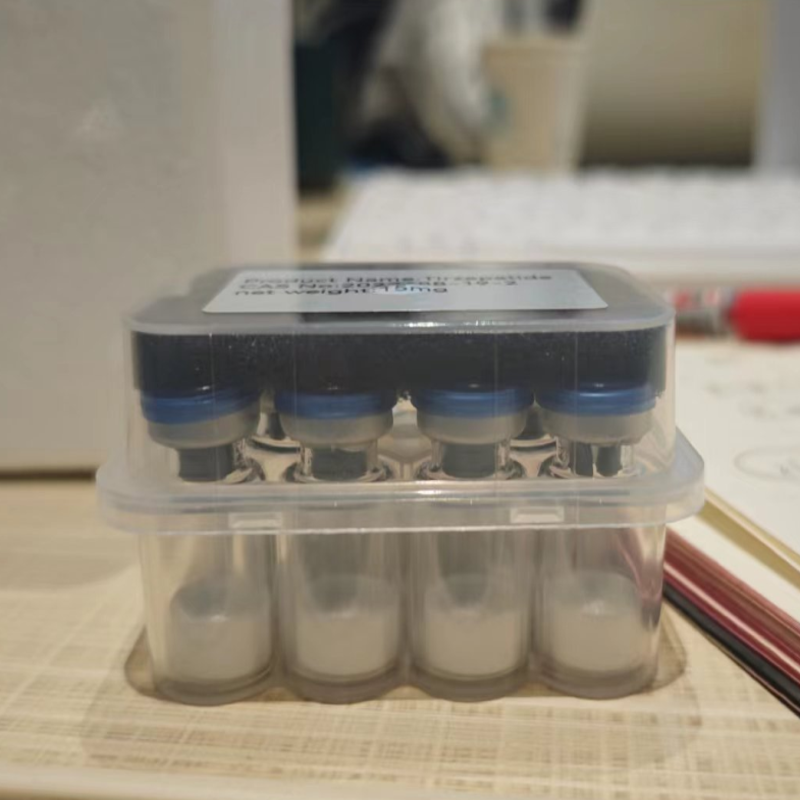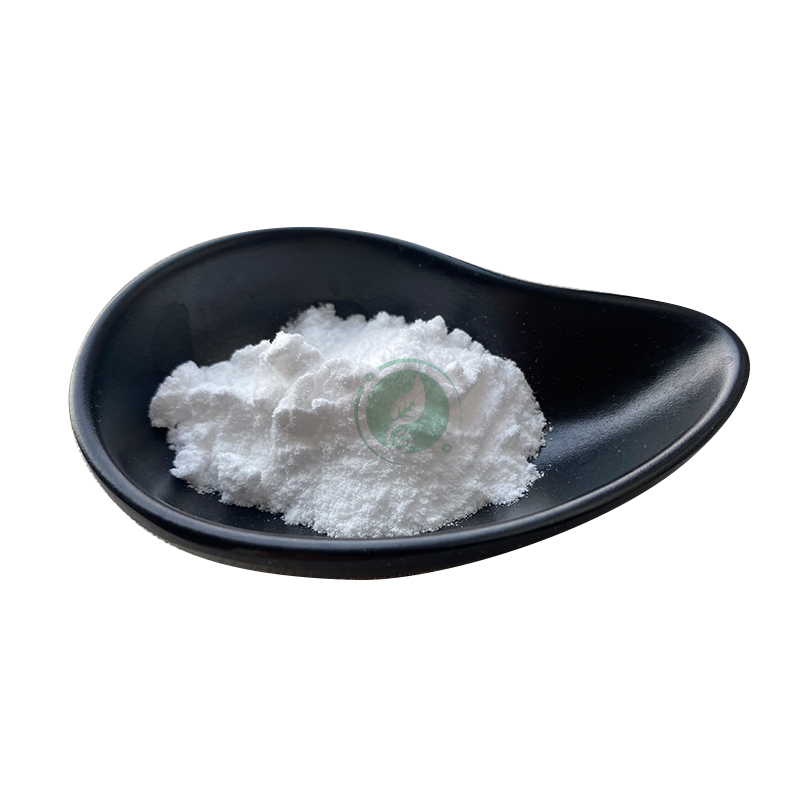-
Categories
-
Pharmaceutical Intermediates
-
Active Pharmaceutical Ingredients
-
Food Additives
- Industrial Coatings
- Agrochemicals
- Dyes and Pigments
- Surfactant
- Flavors and Fragrances
- Chemical Reagents
- Catalyst and Auxiliary
- Natural Products
- Inorganic Chemistry
-
Organic Chemistry
-
Biochemical Engineering
- Analytical Chemistry
-
Cosmetic Ingredient
- Water Treatment Chemical
-
Pharmaceutical Intermediates
Promotion
ECHEMI Mall
Wholesale
Weekly Price
Exhibition
News
-
Trade Service
<>
As more and more clinical research evidence shows that targeting amyloid can reduce Alzheimer's disease (AD) biomarkers, the head of Tau NexGen clinical trials chose Eisai’s exploratory anti-amyloid β ( Aβ) fibrillary antibody lecanemab as a basic anti-amyloid drug
The purpose of the Tau NexGen study is to evaluate the safety, tolerability, biomarkers and cognitive efficacy of exploratory therapy in patients with Alzheimer's disease-causing gene mutations
It is known that people with a dominant genetic Alzheimer's disease (DIAD) mutation will develop AD and may develop symptoms at the same age as the affected parents, usually in their 50s, 40s or even 30s Years old
In the revised Tau NexGen study, symptomatic subjects will receive lecanemab for six months and then be randomly assigned to receive an anti-tau drug or a placebo
By staggering the drugs, researchers will be able to evaluate the effects of anti-tau drugs individually before evaluating the effects of the two drugs together
"As more and more evidence shows that removing amyloid plaques has a biologically beneficial effect on amyloid and tau protein, we believe that it will also target the pathology of Alzheimer's disease-amyloid plaques and amyloid plaques.
Eisai's anti-MTBR tau antibody E2814 was selected as the first exploratory therapy among the anti-tau drugs of Tau NexGen, the pioneering dominant genetic Alzheimer's network trial unit, which was originally designed to target the tau protein
"Eisai is proud that our exploratory anti-amyloid beta fibril antibody lecanemab has been selected as the basic anti-amyloid drug in this research field
Eisai positions neurology as a key therapeutic area, and will continue to innovate in the development of new drugs based on cutting-edge neurological research, and seek further help to improve diseases with high unmet needs (such as dementia including AD).







